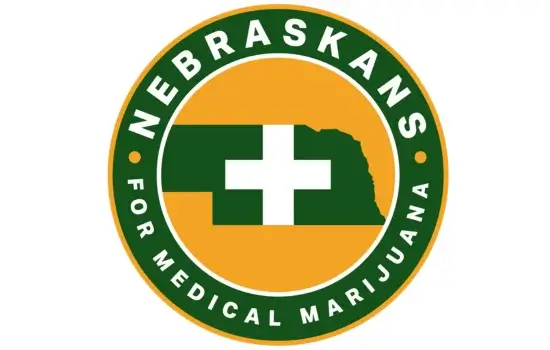In a significant development for medical cannabis advocacy, a Nebraska district judge has allowed the state’s newly approved medical cannabis laws to take effect, even as a second lawsuit challenging their validity proceeds. This decision marks a pivotal moment in Nebraska’s evolving stance on medical marijuana.
Voter Approval and Legal Hurdles
On November 5, 2024, Nebraska voters passed two ballot initiatives—Initiative 437 and Initiative 438—aimed at legalizing and regulating medical cannabis. Initiative 437, known as the Nebraska Medical Cannabis Patient Protection Act, permits qualified patients to possess up to five ounces of cannabis for medical use. Initiative 438 establishes the Nebraska Medical Cannabis Commission to oversee the program’s implementation and regulation.
Despite this voter endorsement, legal challenges emerged. John Kuehn, a former state senator and member of the State Board of Health, filed lawsuits seeking to invalidate the initiatives, arguing they were unconstitutional and unlawfully delegated regulatory authority to a new executive agency. His initial lawsuit was dismissed on November 26, 2024, prompting an appeal. Subsequently, Kuehn filed a second lawsuit, which is currently pending.

Judicial Decision on Implementation
In the midst of these legal proceedings, a district judge ruled that the medical cannabis laws could be enacted as scheduled on December 12, 2024. This decision allows the state to move forward with establishing the regulatory framework and guidelines necessary for the medical cannabis program. However, the ongoing lawsuit introduces a degree of uncertainty regarding the program’s future.
Next Steps for Implementation
With the laws now in effect, the Nebraska Medical Cannabis Commission is tasked with developing comprehensive regulations, including the registration of patients and licensing of dispensaries. The commission must be established by July 2025 and is expected to grant business licenses by October 1, 2025.
Advocates’ Perspective
Proponents of medical cannabis view the judge’s decision as a victory for patients seeking alternative treatments. Crista Eggers, campaign manager for Nebraskans for Medical Marijuana, emphasized that Nebraskans have expressed strong support for safe and regulated medical cannabis access. Advocates remain committed to ensuring the program is implemented effectively, despite ongoing legal challenges.
Opposition’s Stance
Opponents, including Kuehn, continue to express concerns about the constitutionality and potential societal impacts of medical cannabis legalization. They argue that the initiatives violate state laws and could lead to broader legalization efforts, which they oppose. The pending lawsuit reflects these ongoing tensions and the complex legal landscape surrounding cannabis regulation.
Implications for Patients and Healthcare Providers
As the medical cannabis program progresses, patients with qualifying conditions will have access to cannabis as a treatment option, provided they obtain a recommendation from a licensed healthcare practitioner. Healthcare providers will need to navigate new regulations and consider the implications of recommending cannabis within their practice. The establishment of clear guidelines by the Medical Cannabis Commission will be crucial in facilitating this transition.
Conclusion
The enactment of Nebraska’s medical cannabis laws represents a significant shift in the state’s approach to alternative medical treatments. While the path forward includes navigating ongoing legal challenges and establishing a robust regulatory framework, the commitment from advocates and the judiciary’s recent decision underscore a move toward increased access to medical cannabis for Nebraskans in need.

